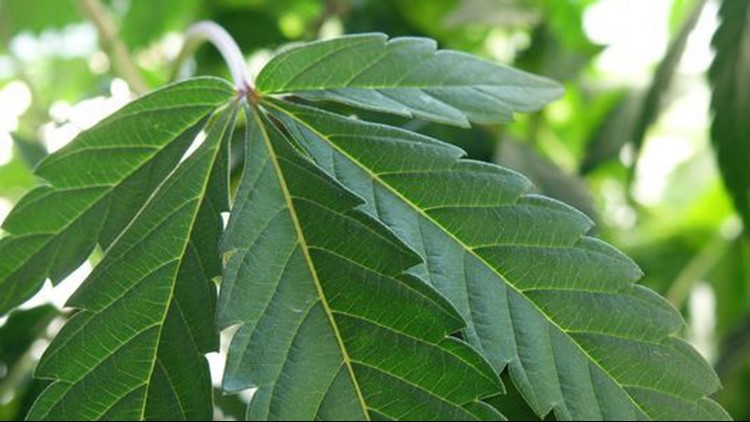Canada's Senate—not voters—on Tuesday legalized cannabis, making their country just the second in the world to make pot legal nationwide.
However, Canadians will have to wait at least a couple of months to legally buy marijuana.
So what would it look like if the U.S. were to make a move similar to Canada?
As much momentum as there is—the debate in America here has largely remained at the state level.
Where it's already legal
A majority of Americans already live where it's possible to get pot for pain.
Medical marijuana is legal in 29 states and Washington, D.C.
Nine of those states and D.C. have legalized it for recreational use—proof that every state to go down the recreational route started out permitting medical pot first.
The economic argument
The economic impact of such a move for Canada will likely be substantial. Legalization is expected to generate as much as $4 billion in new revenue, according to some estimates.
The figure is actually nowhere near the kind of revenue pot already generates in the U.S. in states where it is legal—estimated to be nearly $9 billion. That's equal to the entire snack bar industry or the annual revenue of Pampers diapers, CNN Money reports.
Marijuana revenues could soon surpass the nation's soda industry.
One recent study estimates that if pot were to be legalized at the federal level within the next decade, it would generate more than $130 billion in federal tax revenue.
For perspective, the U.S. spent about that much money last year on disaster relief in wake of hurricanes and wildfires.
That's also enough money to build President Trump's proposed border wall twice.
Pot public opinion
It's also hard to ignore Americans' growing support of pot legalization. It now sits north of 60 percent, according to Gallup surveys.
Polling from the Pew Research Center has found varying support among generations, though approval has been rising among all age groups in recent years.
So where does all of that leave us? Critics still express concerns about legalization leading to increased use of the drug among younger people and more people driving impaired.
There is some research too suggesting legalization leads to increased use of the drug overall and subsequently—misuse.
One thing is clear: we are nowhere near the end of this debate.
►Make it easy to keep up-to-date with more stories like this. Download the 10News app now.
Have a news tip? Email desk@wtsp.com, or visit our Facebook page or Twitter feed.



